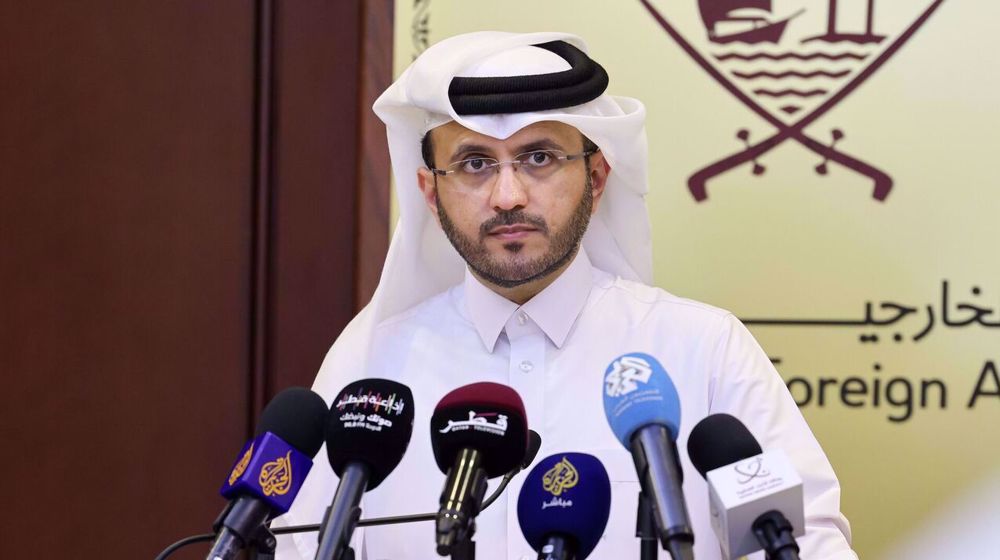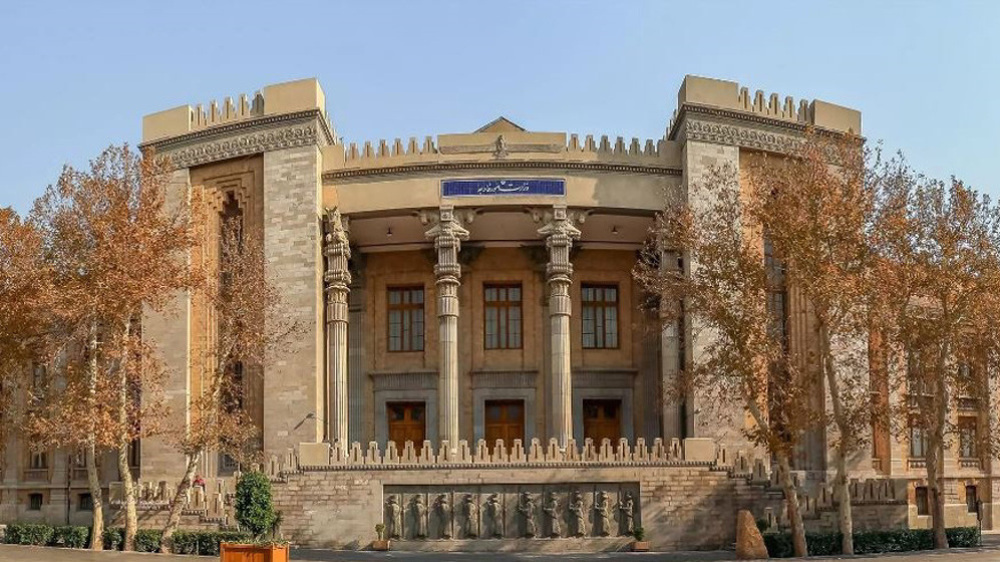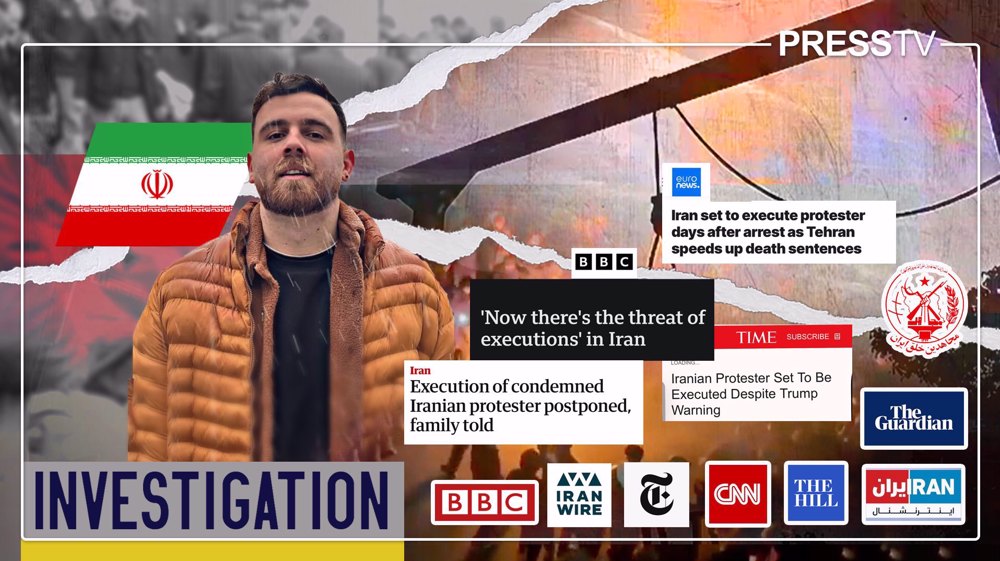Iran’s Zarif offers framework for Syria solution
Iranian Foreign Minister Mohammad Javad Zarif has proposed a framework for the resolution of the Syrian conflict mainly based on the non-interference of foreign players in Syrian internal affairs.
In an op-ed published in Lebanese daily As-Safir, Zarif pointed to recent developments as well as the two rounds of talks on the Syrian crisis in the Austrian capital of Vienna and said glimmers of hope have emerged for an end to “one of the greatest human catastrophes in the contemporary era.”
Such a prospect, he wrote, necessitates that attention be paid to a framework through which the Islamic Republic believes a potential solution to the Syrian conflict is possible.
He said Iran’s view of such a solution has always been based on three principles, namely respecting the Syrian nation’s demands and right to determine their future, opposition to foreign interference in Syrian affairs and negating the idea of exploiting terrorism as a tool for political means.
The Iranian foreign minister said that, based on the three principles, Iran has always stressed that the Syrian conflict has no military solution, and that the only way out is an agreed political solution based on dialog between the government in Damascus and the Syrian opposition.
The Syrian conflict started in March 2011. It has been exacerbated by significant foreign backing for the militants fighting the government in the country as well as the activities of the Takfiri Daesh terrorist group, which has taken over parts of Syrian territory.
The conflict has thus far claimed the lives of more than 250,000 people and left over one million injured, according to the United Nations (UN).

The UN appointed several special envoys to work to bring about a solution to the conflict. Italian-Swedish diplomat Staffan de Mistura currently holds the post.
Efforts to end the Syrian conflict have recently seen two rounds of talks – participated by Iran – in Vienna, one on October 30 and another on November 14. The talks have produced a general communiqué only, but marked substantial progress compared with previous talks held in the Swiss city of Geneva and without Iranian participation.
In his op-ed, Zarif further said that the prolongation of the Syrian conflict is a result of extended foreign meddling as well as the adoption of the policy to use violence, radicalism and terrorism as tools to get back at the Syrian government and people.
‘Only through popular vote’
In a thinly-veiled reference to Saudi Arabia, Zarif said countries that lack the most basic tenets of democracy – such as a constitution and free elections – seek to impose “impractical and unacceptable” conditions on the Syrian nation.
“Their expectation to achieve a quick military win has only led to the expansion and continuation of the crisis in Syria,” he wrote.
Bringing an end to the Syrian conflict is only possible through popular vote in Syria, he said.
The first step toward resolving the Syrian crisis, Zarif said, is establishing a ceasefire and stopping the bloodshed, and all-out international coordination to fight terrorism and extremism.

He also urged foreign players to refrain from interfering in Syrian affairs and instead facilitate Syrian-Syrian dialog. All actors should also drop ineffective policies based on exploiting terrorism and dividing terrorists into “good” and “bad,” he wrote.
Zarif also warned that, in line with efforts to end the Syrian crisis, countries should also avoid promoting Islamophobia or the Takfiri ideology.
He also said that the immediate demands of the Syrian refugees both within and without Syria must be swiftly met.
The UN says the crisis in Syria has displaced more than 7.3 million Syrians internally, and compelled over four million others to take refuge in neighboring countries.
Qatar: High-level dialogue with Iran ongoing to prevent regional escalation
VIDEO | 'Iranians will not hand over the country due to US military threats'
VIDEO | Gaza’s key Rafah crossing with Egypt reopens with strict limits
Iran riots 2026: How the Erfan Soltani “execution” story went viral – and fell apart
VIDEO | European selective moralism
Iran summons EU ambassadors over ‘provocative’ IRGC designation
Hamas urges worldwide protests as Israel escalates Gaza genocide
IRGC chief commander condoles passing of Sayyed Hassan Nasrallah’s father















 This makes it easy to access the Press TV website
This makes it easy to access the Press TV website